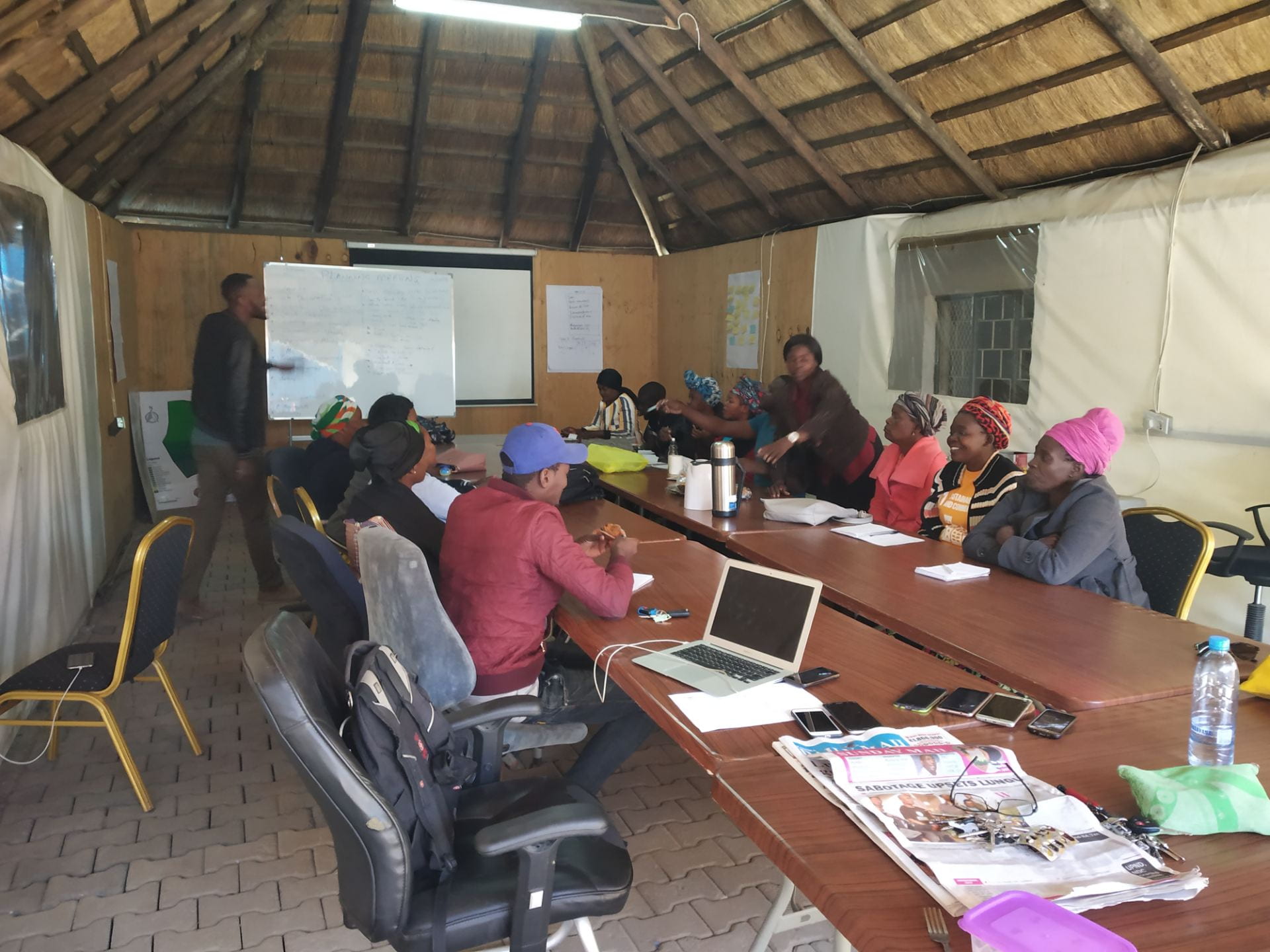
By Anushi Garg, M.R.P. ’20
During July and August, I interned with the People’s Process on Poverty and Housing in Zambia (PPHPZ), a small scale non-profit located in Lusaka, Zambia that supports the work of the Zambia Homeless and Poor People’s Federation (ZHPPF), a grassroots movement of informal settlement dwellers. ZHPPF is also an affiliate of the international federation Slum Dwellers International (SDI) which is present in 34 countries. PPHPZ provides technical and financial support to the federation and facilitates linkages to the government, funding partners, academia, and like-minded civil society organizations.
My work there involved two main projects; the first was a sanitation project based in Kanyama Ward 10, the biggest slum in Lusaka, inhabited by 29,000 families. The project was in collaboration with Lusaka Water and Sewerage Company (LWSC) who were technical partners and Water Aid-Zambia (WAZ) funding partners. Our team’s role was mobilizing the community, educating them about project benefits and getting people to sign up for toilets. Families were to pay for the toilets themselves, the cost for which was subsidized by WAZ. My role in the project involved regular field visits with the team to understand the crucial role of PPHPZ and the challenges faced by both the team and communities.
The second project I worked on was a low-cost housing project. With the aim of building 250 low-cost housing units a year on a greenfield site, the houses built were to be small scale and cheap to construct. I was responsible for making the final designs for these houses, in accordance with the given limitations. The land was owned by the federation and not a gift by the government, thus allowing the poor more ownership and voice in the process. The target population was a large group of tenants who live in extremely poor and vulnerable conditions in the ghettos of Lusaka. I also provided graphical and communication support for the project.
Apart from these two main projects, I was involved in several smaller tasks during my internship. The office is involved in a working group about a relatively new concept of community philanthropy. I got a chance to attend a few of their network meetings in which they discussed how to expand the concept, which has the potential to become an interesting one for urban development in the global south. I had a chance to contribute in the form of ideas during the development of models, community mobilizing, and road shows. The office had a lot of different work going on beyond straightforward planning, which taught me about the interdisciplinary nature of work required of development planners.

